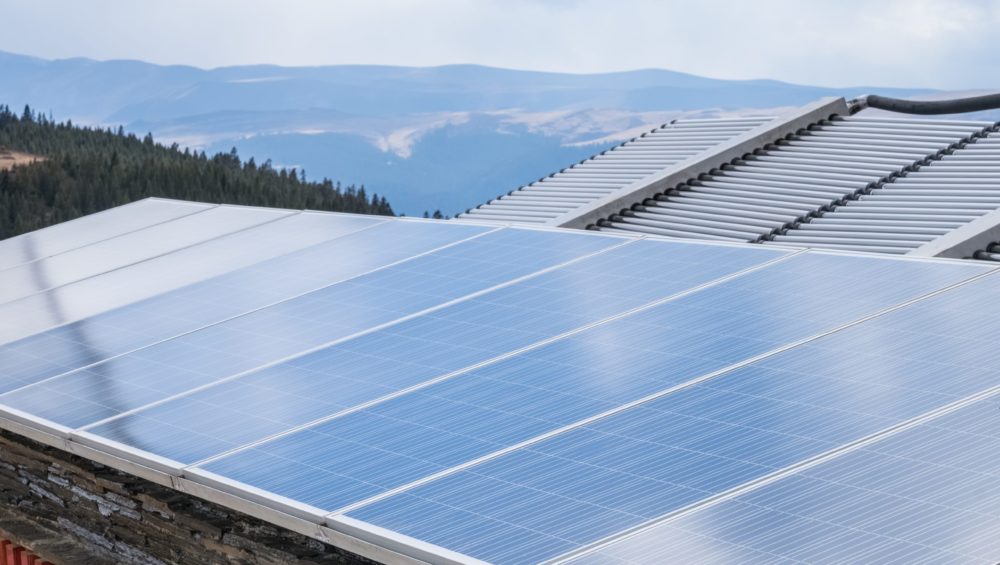As a small-scale accommodation or locally oriented entrepreneur, taking steps to become more sustainable can be a difficult process. Not only is it difficult to determine the right energy-saving measures, the investments involved are often also high. How do you choose the right adjustments and what subsidy options are there for sustainability?
Determine which measures you want to implement
Even before you start looking at available subsidies, it is wise to first focus on which steps you want to take to make your stay or holiday home more sustainable. For example, divide the options into categories to create an overview. For this you can look at the different aspects of sustainable tourism , such as having renewable energy sources, minimizing water consumption or the reuse of materials. It is important to have a clear overview of the options so that you can make a smart decision and choose the best option(s) for your accommodation. For example, you can invest in ways to generate green energy yourself, but it may be wise to first see whether energy consumption can be made more efficient by means of insulation.
Grants and loans for sustainability
Have you decided which steps you want to take to make your accommodation or stay more sustainable? Then there are various options that can support you with this. Loans and grants are available at local, regional and national levels. Below you will find a selection of the most important and most accessible schemes.
National
There are various national schemes that you can benefit from when you invest in sustainability:
Subsidy to stimulate sustainable energy transition (SDE++)
The SDE++ is one of the best known schemes. This subsidy can be used for installing solar panels on the roof. It is currently not possible to submit an application. It will soon be possible to apply again for 2022.
Subsidy Scheme for Sustainability of SMEs (SVM)
This scheme is suitable for SMEs up to 250 employees. With the help of this subsidy you can engage energy consultants who provide tailor-made advice and provide insight into the options for making the company more sustainable. The consultants look beyond solar panels, but also investigate the options for insulating the walls, roof, floor and windows.
Investment subsidy for sustainable energy and energy saving (ISDE)
The ISDE scheme focuses on subsidies for private homeowners and business users. The subsidies can be used to purchase a solar boiler, a heat pump, connection to a heat network and for small-scale wind turbines and solar panels.
Energy Investment Allowance (EIA) for entrepreneurs
The EIA can be used when you invest in a business asset that emits less CO2. Thanks to the EIA, 45.5% of the investment costs can be deducted from the profit.
MIA and Vamil for entrepreneurs
The MIA and Vamil are also favorable schemes for entrepreneurs who want to invest in environmentally friendly equipment and techniques. Both schemes offer tax benefits and give you the opportunity to benefit from an investment deduction.
Regional
There are also regional options. For example, municipalities and provinces often offer specific schemes that focus on the energy transition and climate adaptation. For example, in Utrecht you will find the energy transition subsidy and in Overijssel you can make use of the Local Energy Initiatives Subsidy .
Curious about which regional subsidies you can make use of? Check the website of your province or municipality, or inquire about the possibilities by telephone.
Please note: specific conditions apply to most subsidy schemes. For more information, please contact the RVO.
Would you also like to get started on making your stay or holiday home more sustainable? Then we hope to have given you more guidance. We like to hear about the areas in which your accommodation is sustainable. Even more fun: rent out your sustainable residence or holiday home via Sustainaway! Contact us to get acquainted!


